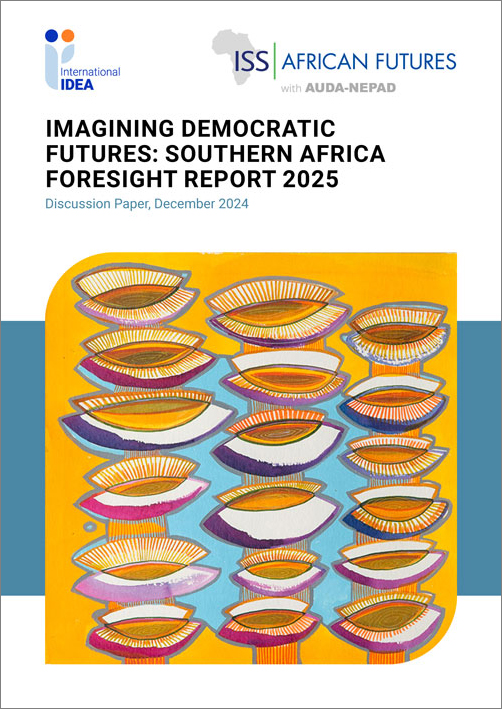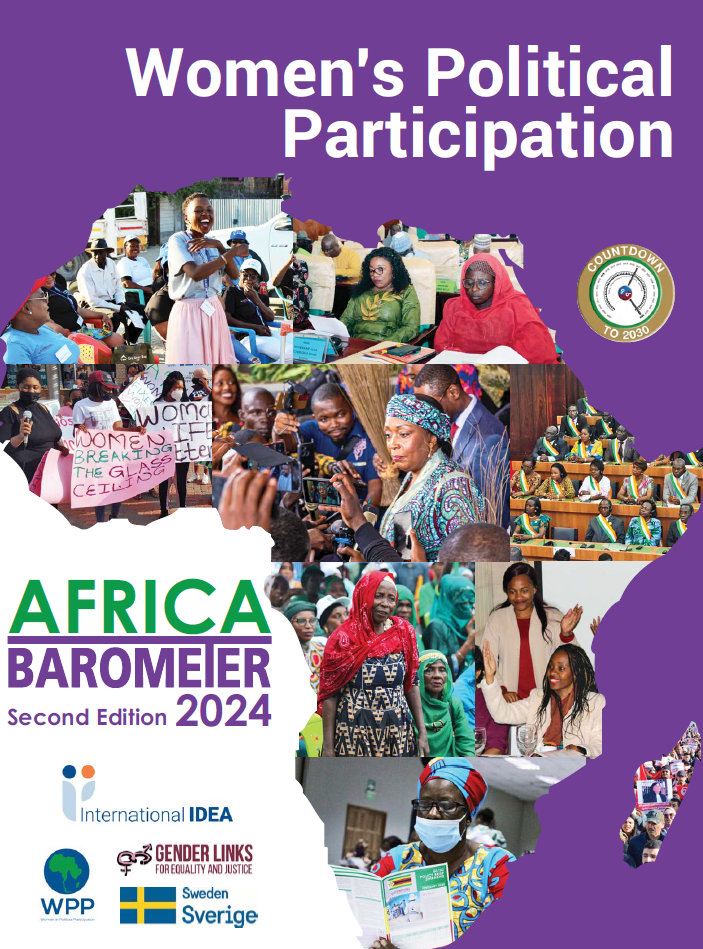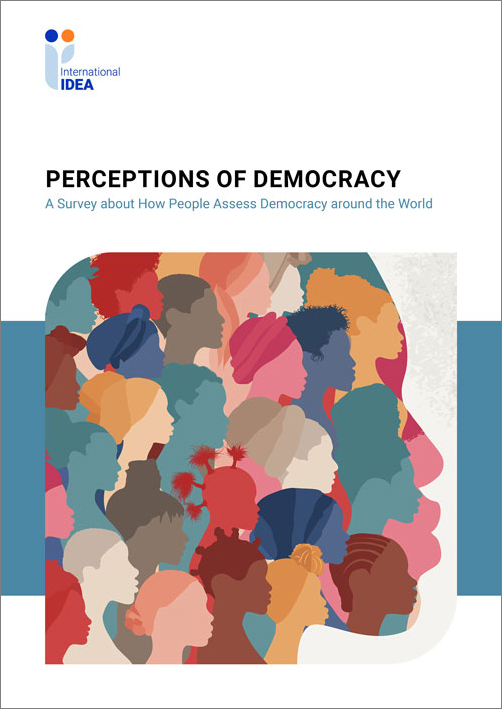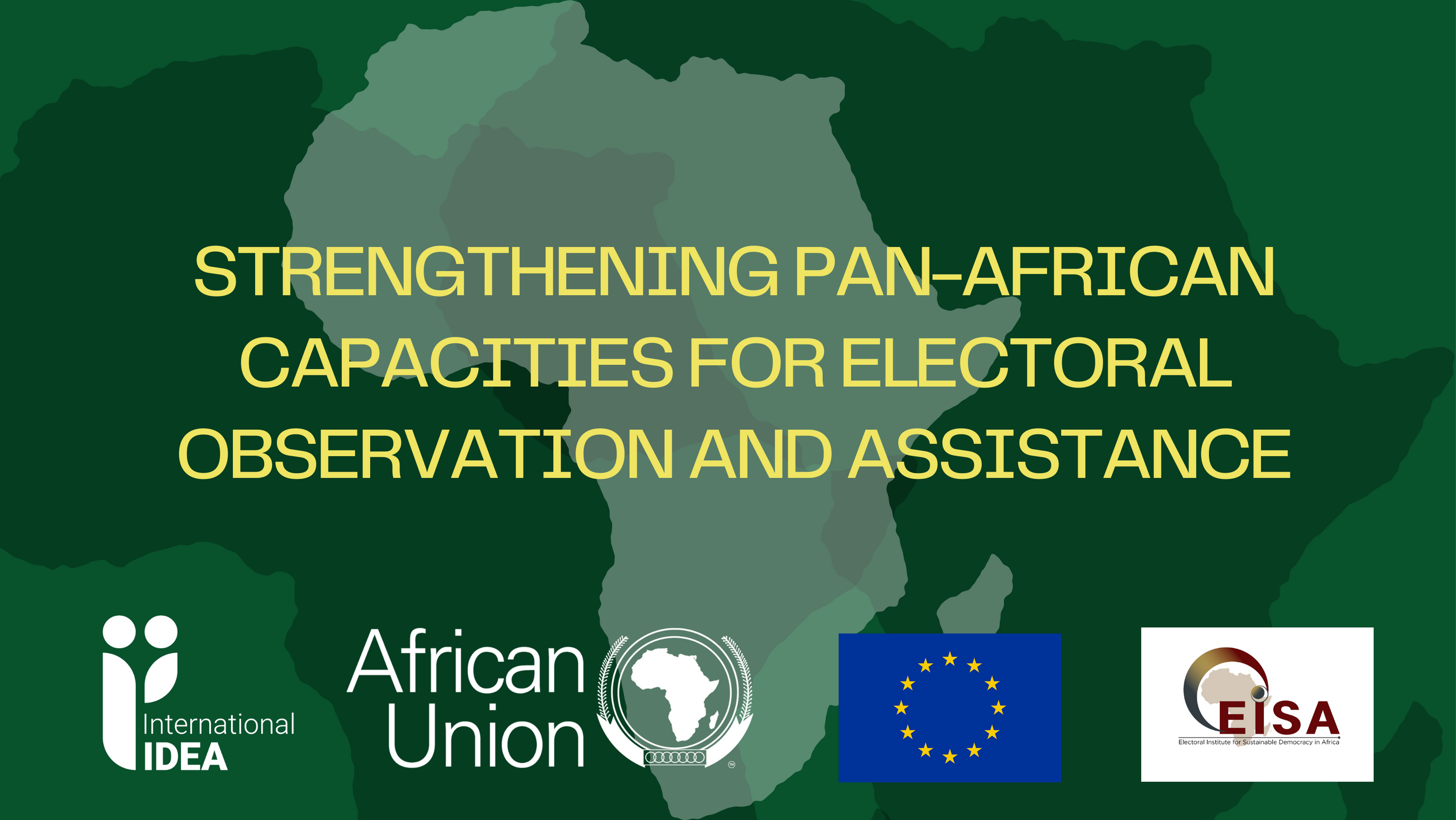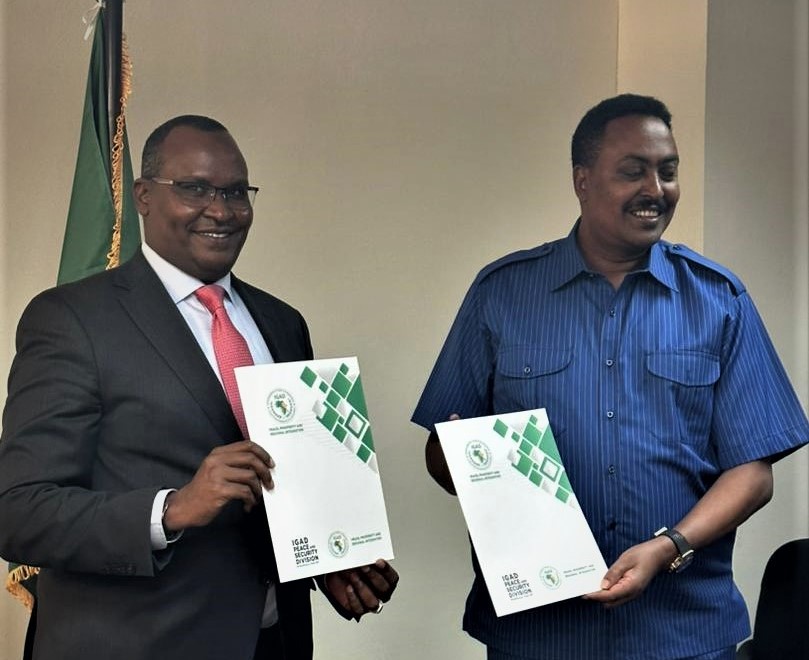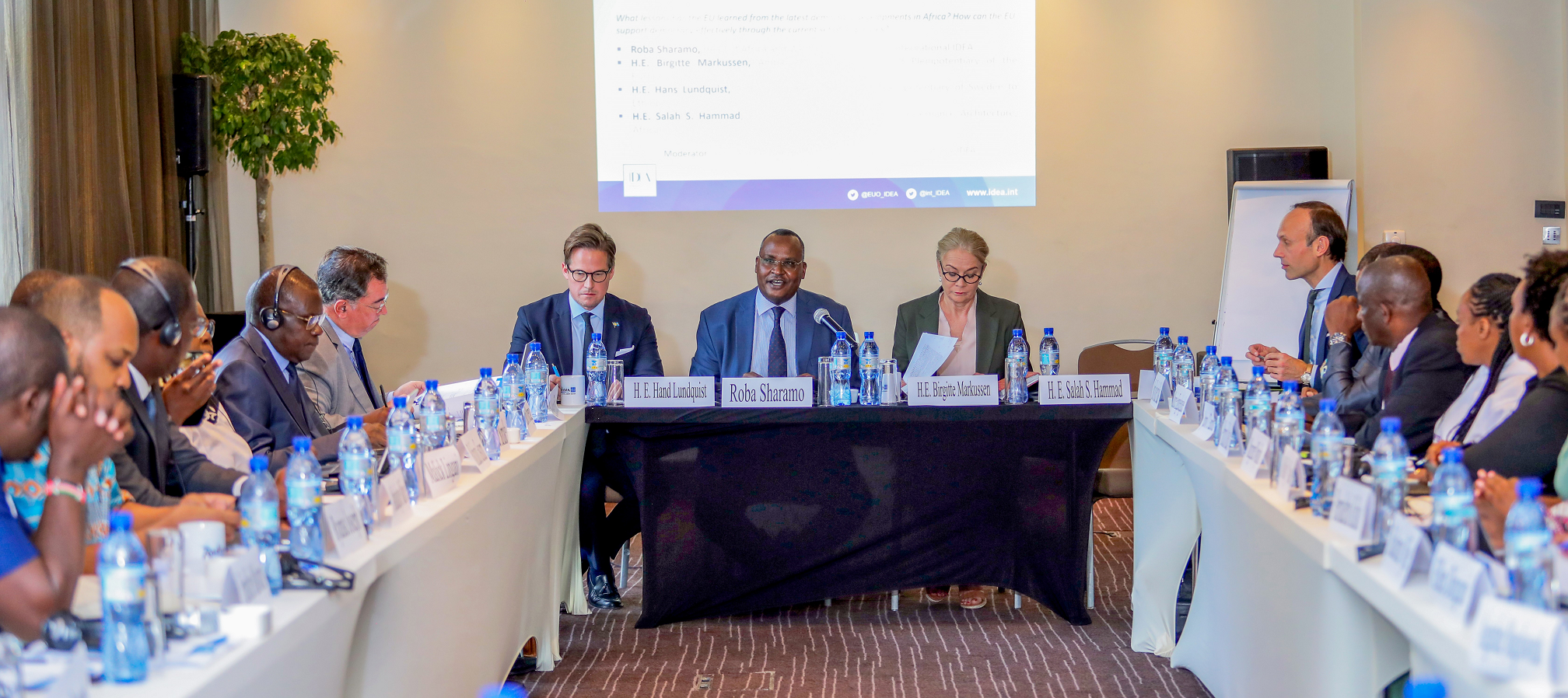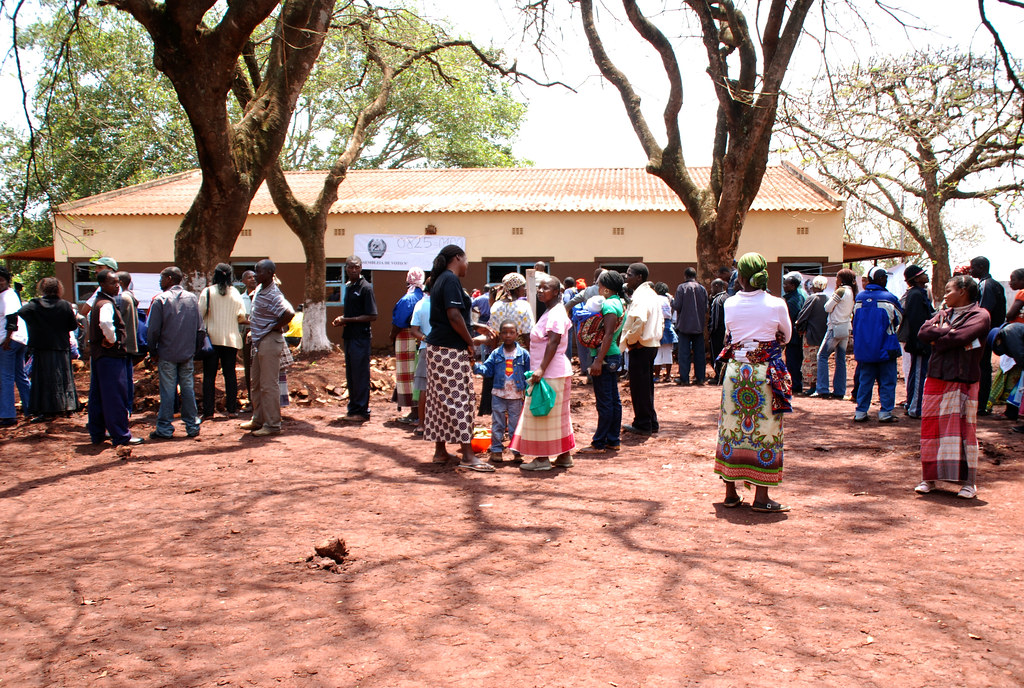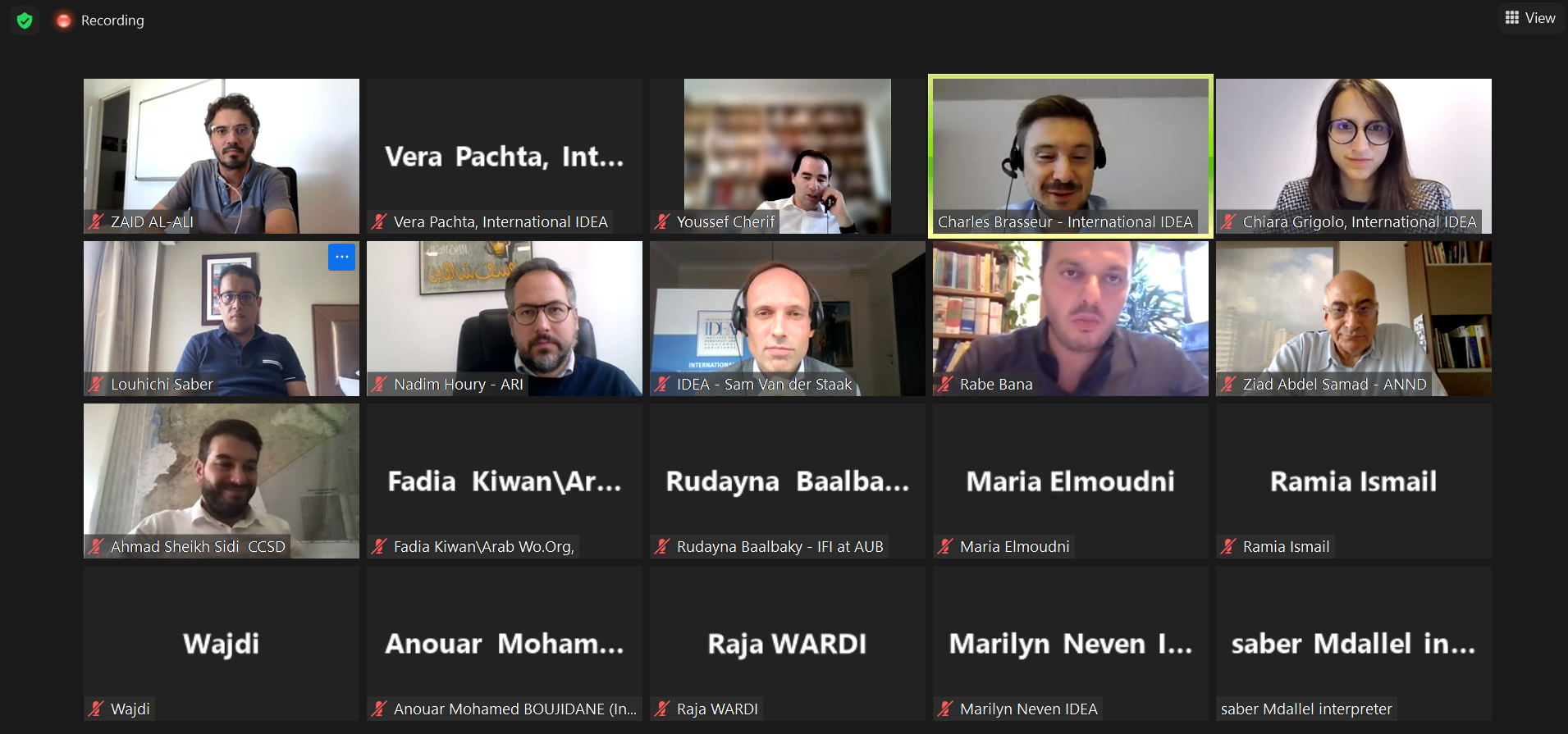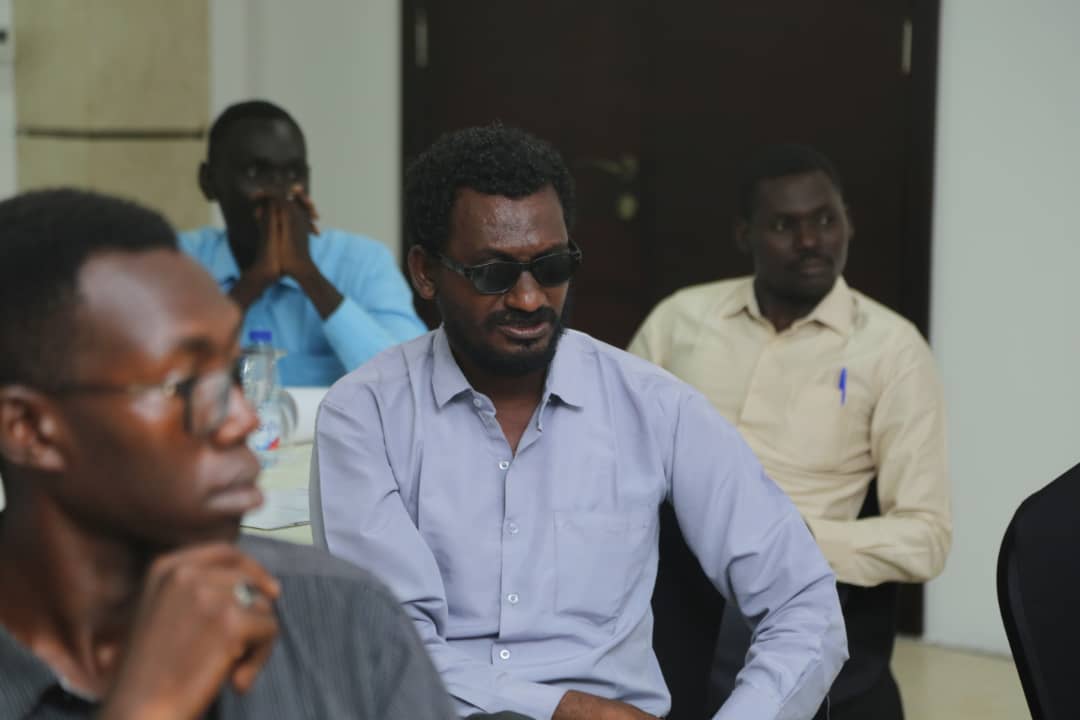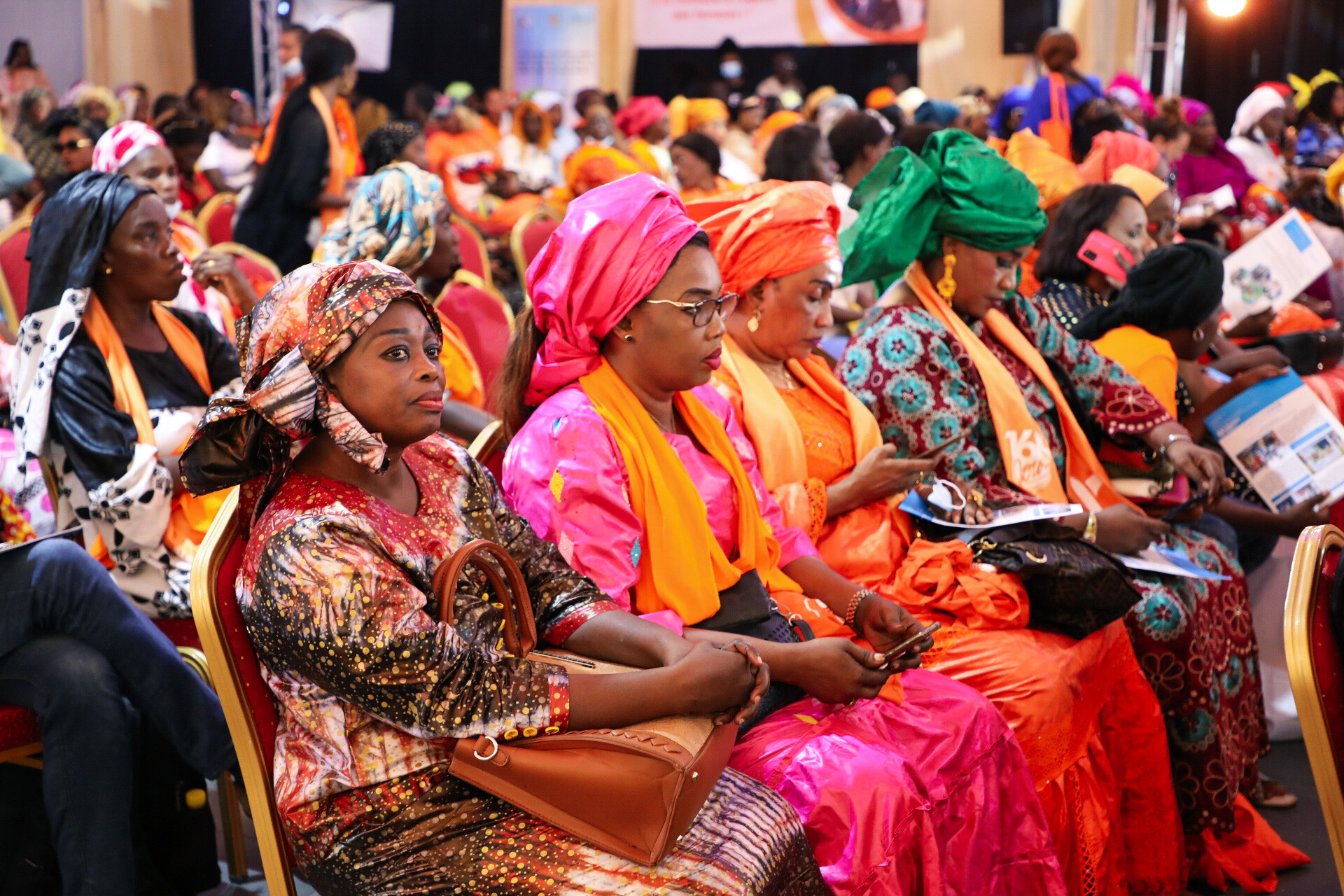Challenges in delivering services to the citizens and providing avenues for development and democratic accountability in a diverse environment: The case of Botswana
This paper examines Botswana’s regions and how they have addressed issues of governance and leadership, service delivery, development and democratic accountability. It focuses on the historical kingdoms that were converted into chiefdoms during the colonial era and later into districts after Botswana’s independence in 1966.
It argues that the Tswana practised centralized administration by creating capitals in which human populations were concentrated and from which services were provided. They also practised a form of regional decentralization in which dispersed populations were relocated (through encouragement, compulsion and example) into regional capitals, where services were provided.
This paper was presented at International IDEA’s Panel on Local Democracy at the ‘Public Administration and Governance: Tradition and Transformation’ Conference, held at the University of the Philippines National College of Public Administration and Governance in Manila, on 27–29 June 2012.
Details
Give us feedback
Do you have a question or feedback about this publication? Leave us your feedback, and we’ll get back to you
Send feedbackChallenges in delivering services to the citizens and providing avenues for development and democratic accountability in a diverse environment: The case of Botswana
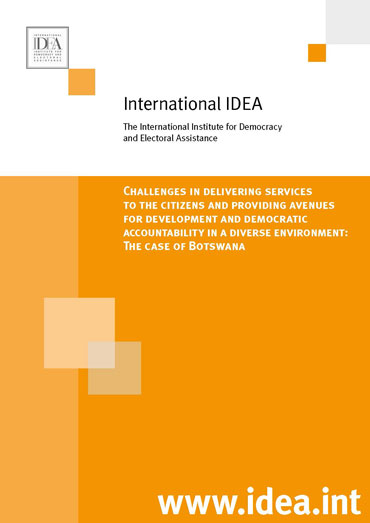
| Total views | 2834 |
|---|---|
| Downloads | 2 |
| Rating |
Give us feedback
Do you have a question or feedback about this publication? Leave us your feedback, and we’ll get back to you
Send feedback